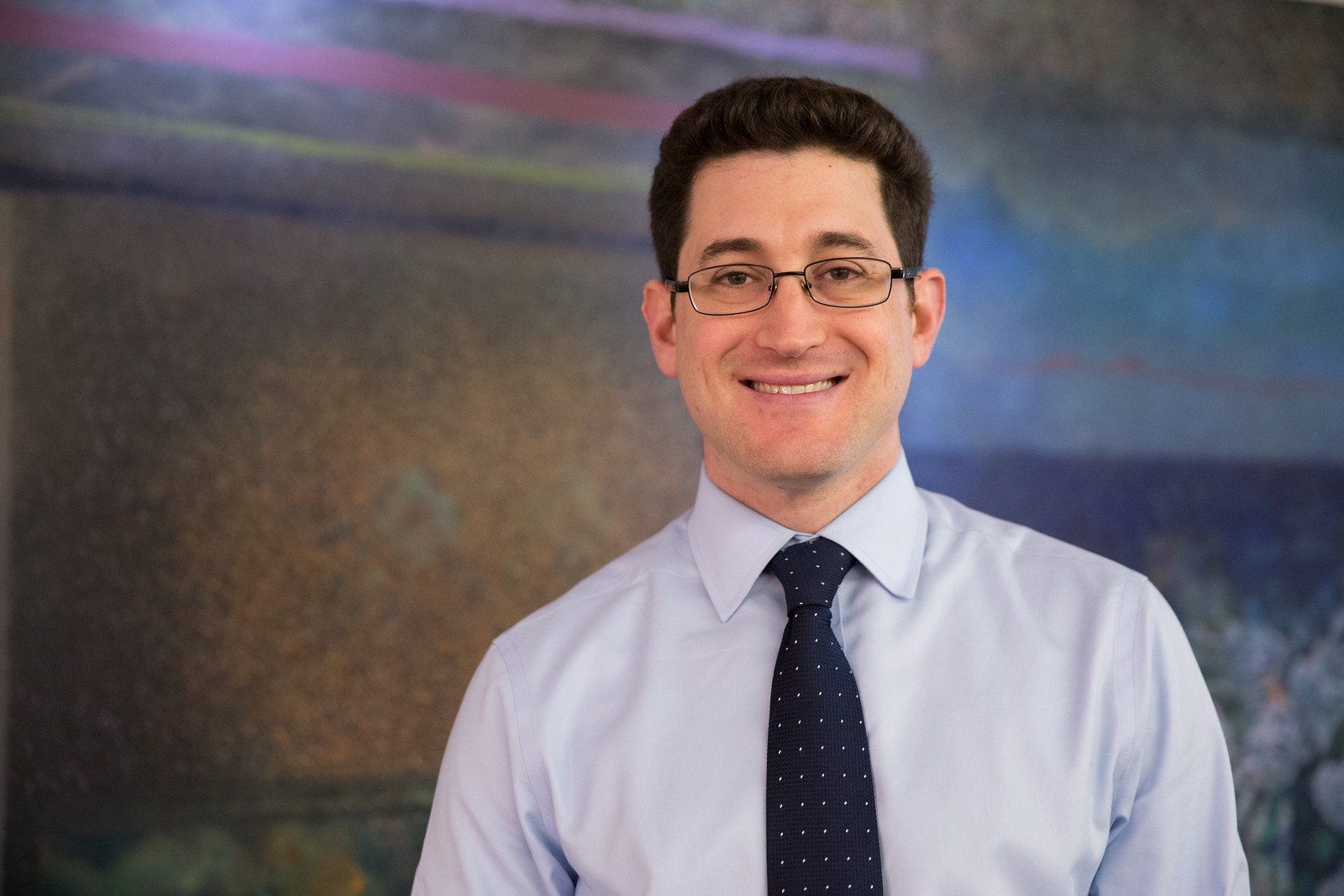The Impact of Primary Care Appointment Times on Opioid Prescribing
A new study reveals that when physicians are under time constraints it can greatly impact their treatment decisions.

Michael L. Barnett, MD

Primary care appointment times can impact opioid prescribing, according to a study published online in JAMA Network Open.
“As appointments start later in the day and as they run behind, primary care physicians are more likely to prescribe opioids in pain-related visits, but not other non-opioid pain treatments like ibuprofen or physical therapy,” study author Michael L. Barnett, MD, from Harvard University in Boston, tells Managed Healthcare Executive.
For this cross-sectional study, Barnett and Hannah T. Neprash, PhD, from the University of Minnesota in Minneapolis, studied a large electronic database of U.S. physician visits to examine how physicians’ prescribing changed with patients that they saw later in the day or whose appointments started behind schedule.
“We wanted to see if the often-cited reason for prescribing opioids, that there isn’t enough time, seems to hold true in a real-world database,” Barnett says.
Related: Missing Data Masks Scale Of Opioid Epidemic
The study authors wrote: “The association between treatment decisions and two dimensions of appointment timing (order of appointment occurrence and delay relative to scheduled start time) were assessed. The rates of opioid prescribing were measured and compared with rates of nonopioid pain medication (i.e., nonsteroidal anti-inflammatory drugs) prescribing and referral to physical therapy. All rates were estimated within the same physician using physician fixed effects, adjusting for patient, appointment, and seasonal characteristics.”
Among 678,â¯319 primary care appointments (642, 262 patients) with 5,603 primary care physicians, the likelihood that an appointment resulted in an opioid prescription increased by 33% as the workday progressed. Prescribing of nonsteroidal anti-inflammatory drugs and referral to physical therapy did not display similar patterns, according to the study.
“Physicians are people too,” Barnett says. “They can get tired and take shortcuts to get through their day. This has two implications: first, this is not the only decision affected by timing, physicians may need a lot more support and time with patients than they are currently able to provide; second, executives should know time pressure can do more than make physicians grumpy, it could also affect the treatment decisions.
“The main findings are basically the heart of the paper, but we did a lot of other sensitivity tests to see if our finding held up with different statistical models or selected subgroups of patients and the result was always strong.,” Barnett says.
Premiums for Employer-based Health Insurance Increased by 7% in 2024, Says KFF Report
Published: October 9th 2024 | Updated: October 9th 2024The 2024 increase is the same as last year's increase for family coverage. The foundation’s annual survey of employer health benefits also found that only 18% of large employers (200 employees are more) are covering the GLP-1 weight loss drugs.
Read More
Doug Chaet of Value Evolutions Discusses Value-based Payment Models, Where They Stand and More
September 29th 2022In this episode of Tuning In to the C-Suite, Managing Editor of Managed Healthcare Executive, Peter Wehrwein, speaks with President of Value Evolutions and MHE Editorial Advisory Board Member, Doug Chaet, FACHE, about value-based care's current standing, the status of select payment models like bundled and episodic, and more.
Listen
Florida Gets the OK. But Will Drug Importation from Canada Actually Happen?
March 5th 2024Canadian health officials warn that maintaining a drug supply for Canadians is their priority. The staunch opposition of the U.S. pharmaceutical industry may also be an obstacle to imports from north of the border.
Read More
We conducted our annual State of the Industry survey in the early part of November 2023. The survey had 432 respondents, of whom 56% self-reported working for a payer organization (pharmacy benefit manager, insurer or self-insured employer), 34% for a provider organization and the remainder for government or an unspecified “other” category.
Read More